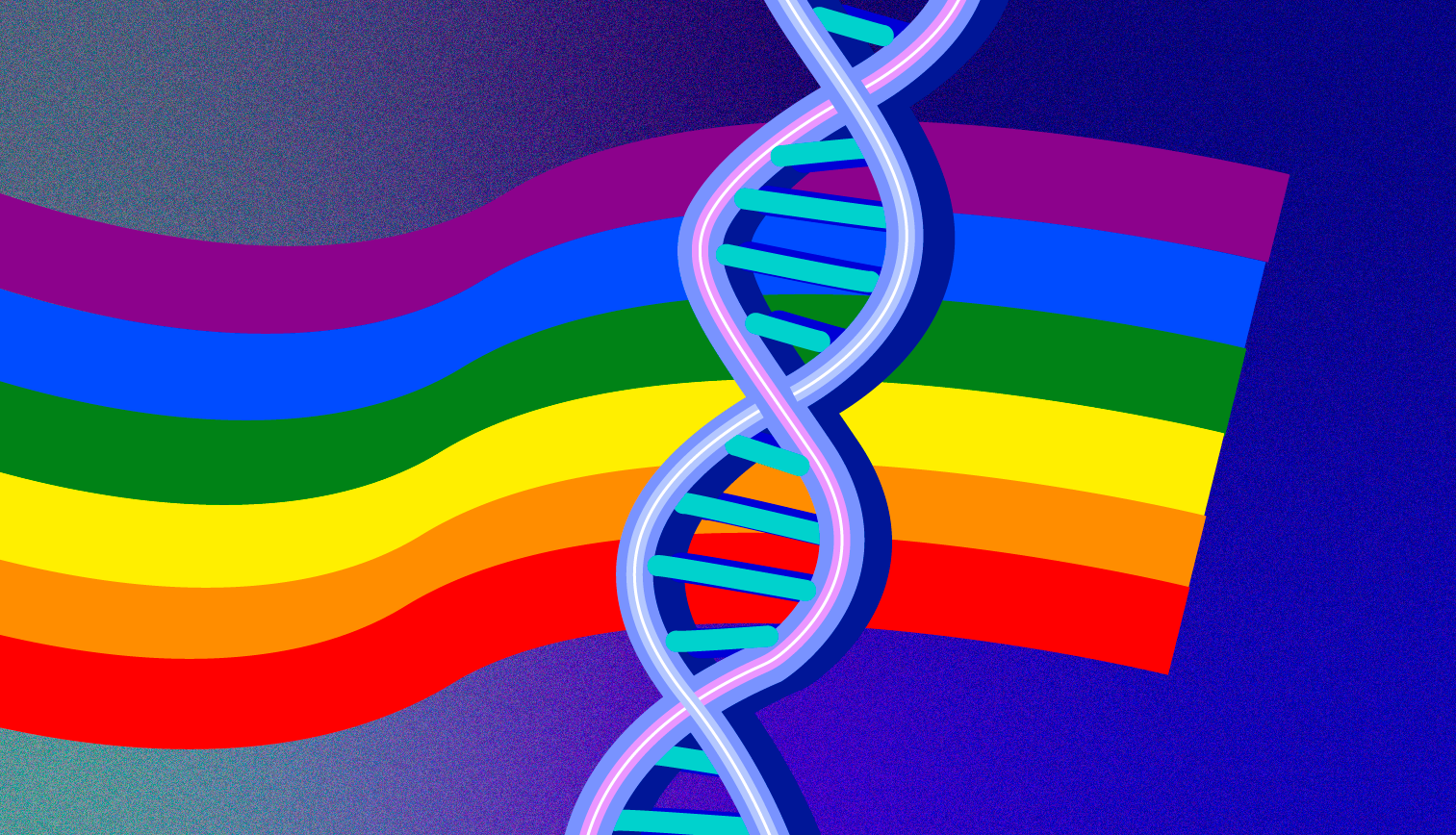A recent study invalidated the existence of a gene linked to homosexuality after decades of scientific debate.
The study, led by Andrea Ganna, a research fellow with the Broad Institute in Cambridge, Massachusetts, and Harvard Medical School in Boston, examined data from thousands of participants that shared both DNA samples and behaviour information to two genetic surveys – the UK Biobank study and the private genetics firm 23andMe.
Instead of a gay gene, the study suggested evidence of five genetic variants strongly associated with what scientists call nonheterosexual behaviours. From the two that were associated only to men, one had been previously found to predict baldness, and the other was present in regions rich in olfactory receptors.
However, the published study emphasized that genetic markers cannot be used to predict sexual behaviour.
“Behavioral traits, like sexual behavior and orientation, are only partially genetic in nature,” wrote the research organization on its website. “They are shaped by hundreds or thousands of genetic variants, each with a very small effect, yet they are also shaped in large part by a person’s environment and life experiences.”
Ganna also acknowledged that what they called in the research as “nonheterosexual behaviour” is part of a large spectrum of sexual experiences.
“[The sexual experiences] go from people who engage exclusively in same-sex behaviour to those who might have experimented once or twice,” said Ganna in an interview with Science. This limited the experiment, since, in reality, people who have a single same-sex experience might be categorized as open, while not being gay or bisexual.
The research also found that people with these genetic variants were more inclined to suffer from mental illness such as depression. It was noted in the findings that LGBTQI+ people are more likely to suffer from such illnesses due to societal pressure.
Some people from the LGBTQI+ community that faced societal pressure think that linking sexual orientation to genetics can have a negative impact on the long run.
“This could be a very slippery slope to eugenics,” said Queer Concordia’s Administrative Coordinator, Anastasia Caron. “There could be situations where people decide ‘let’s make DNA tests in the womb to figure out if your baby is gay or not’ and decide to keep it based on that.”
Queer Concordia is a student organization that aims to create a safe environment for all LGBTQI+ students at Concordia. Caron created a support group for students to act against discrimination towards community members.
As a member of the LGBTQI+ community themselves, Caron observed that societal pressure adds a lot of stress to students going through similar situations as them.
“A lot of people feel alone and don’t think that others feel the same way as them,” said Queer Concordia’s Resource Coordinator, Akira De Carlos. “It’s even better when you’re talking about your problems and see that someone else has the same ones and realize that ‘oh my god! I’m not alone in this.’”
De Carlos and Caron hope that biological research over sexual orientations stays moderate due to this potential rhetoric that can be used against the LGBTQI+ community.
Feature photo by @sundaeghost




